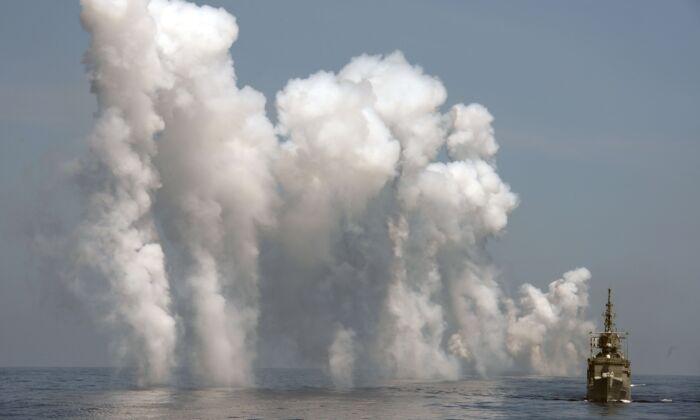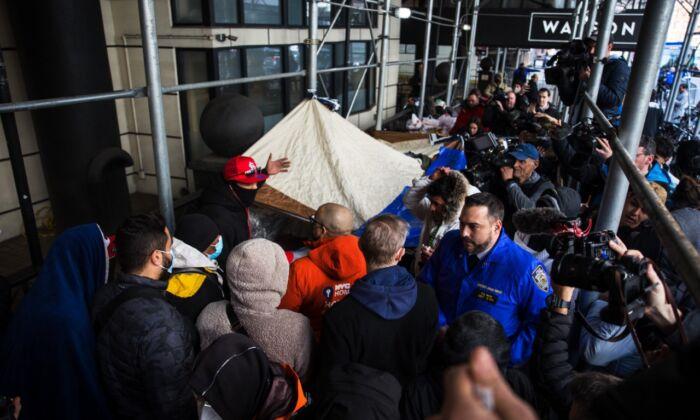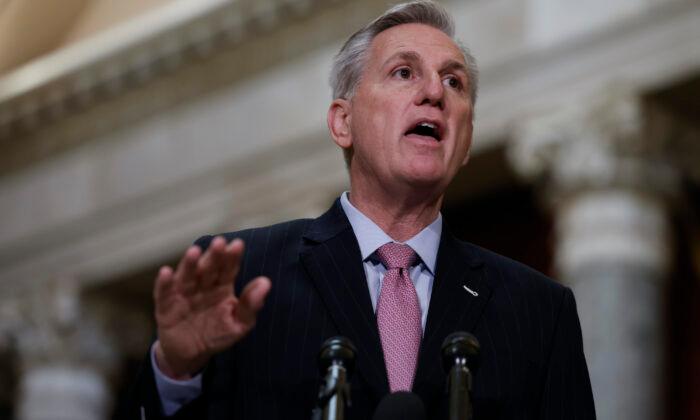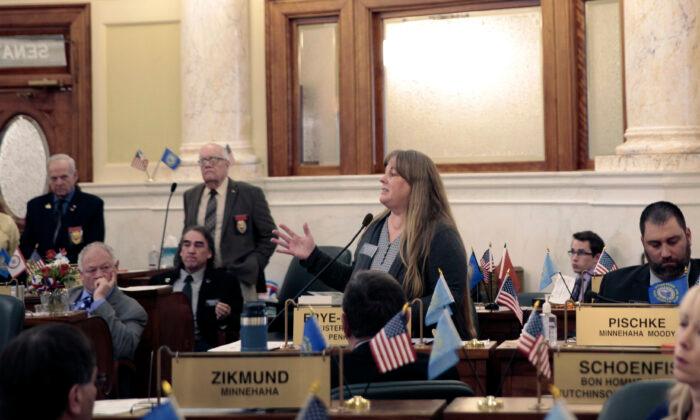Beijing vows to take “drastic measures” if Taiwan makes a formal declaration for independence, suggesting tensions between the two would spike to a higher level next year.
Any Beijing-deemed separatist attempt must be reined in, claimed Ma Xiaoguang, spokesperson for the mainland Chinese government agency Taiwan Affairs Office during the Dec. 29 regular press briefing.
“If separatist forces in Taiwan seeking independence provoke, exert force or even break through any red line, we will have to take drastic measures,” Ma warned.
“It hopes for a peaceful, stable, predictable, and mutually beneficial coexistence with its neighbors,” Tsai addressed the annual Yushan Forum in Taipei in October.
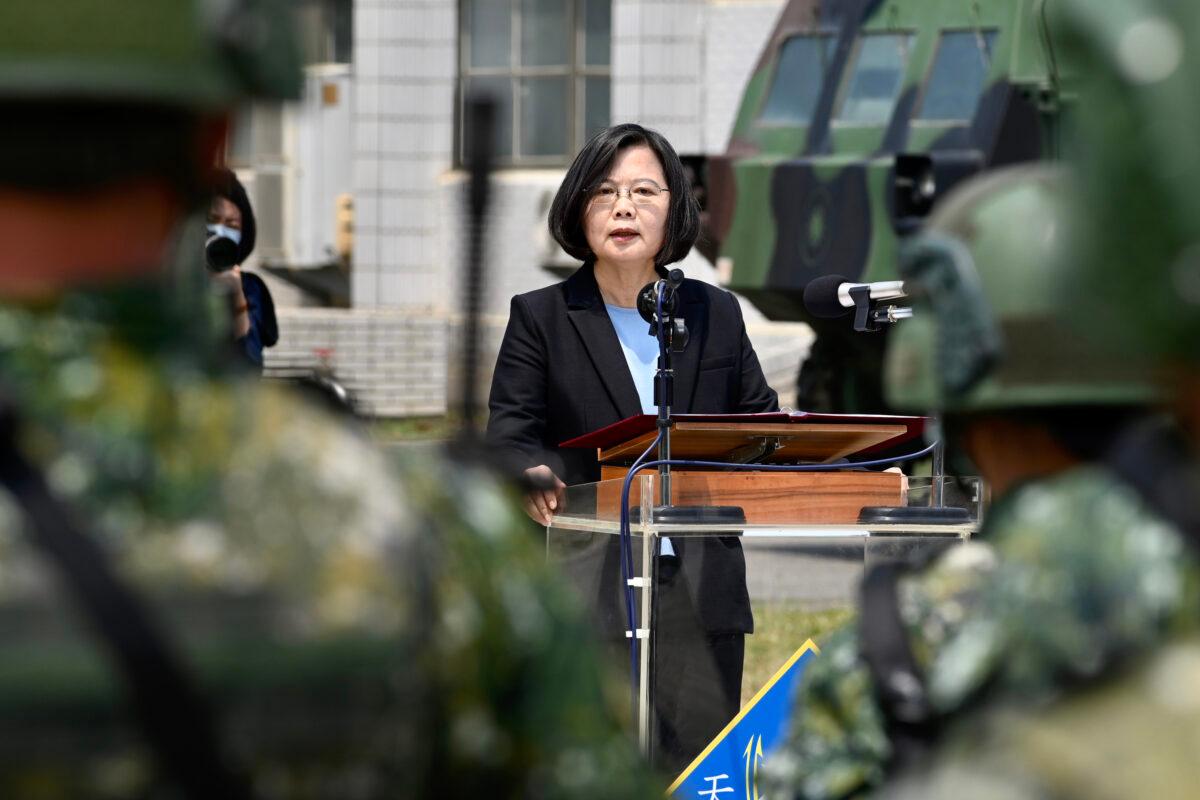
China has claimed for decades the democratic island as its own to be seized one day. Yet the relationships between the two have been deteriorating since 2016 as Tsai won the presidential election. Beijing in the past two years has stepped up military and diplomatic pressure to assert its sovereignty claim, fuelling anger in Taipei and concern in Washington.
In a statement issued the same day, Taiwan’s top China-policy maker, the Mainland Affairs Council, urged Beijing to “seriously reflect on its work towards Taiwan and make correct judgments on the situation.”
Taiwan has emerged as a key factor in strained relations between China and the United States, the island’s most important international backer and arms supplier despite the absence of formal diplomatic ties. China deemed the island as the most sensitive issue in its ties with the United States.
Ma said provocation by pro-independence forces and “external intervention” could grow “sharper and more intense” in the coming months. “Collusion with foreign forces” against China, as he called, would also hit rock bottom.
“Next year, the Taiwan Strait situation will become more complex and severe,” he said on Dec. 29.
